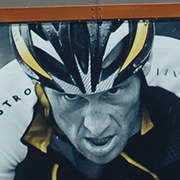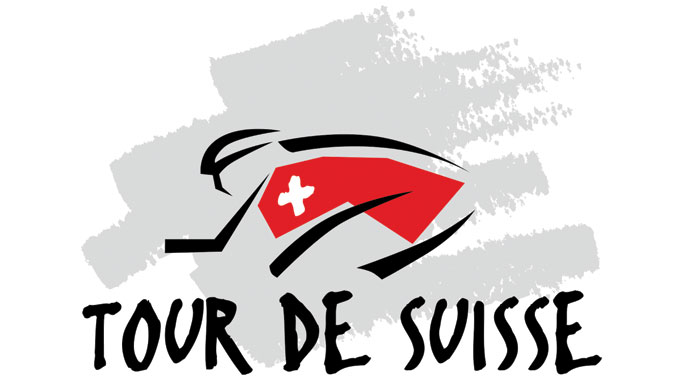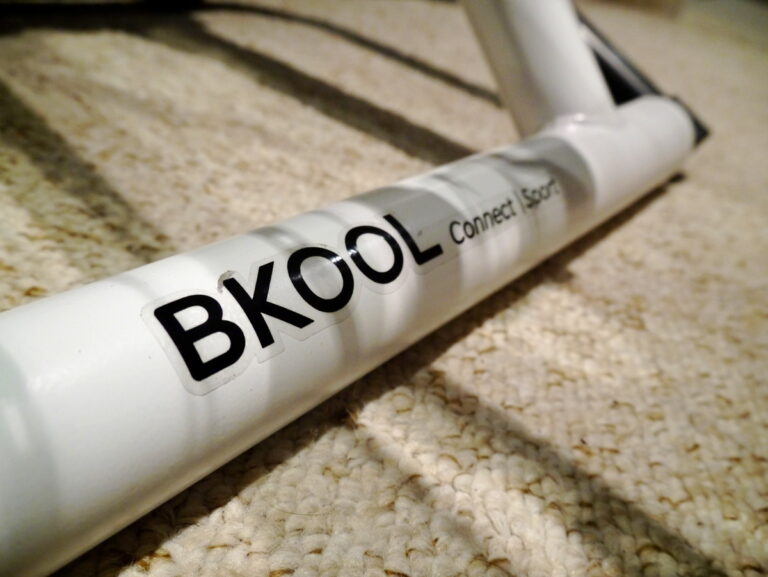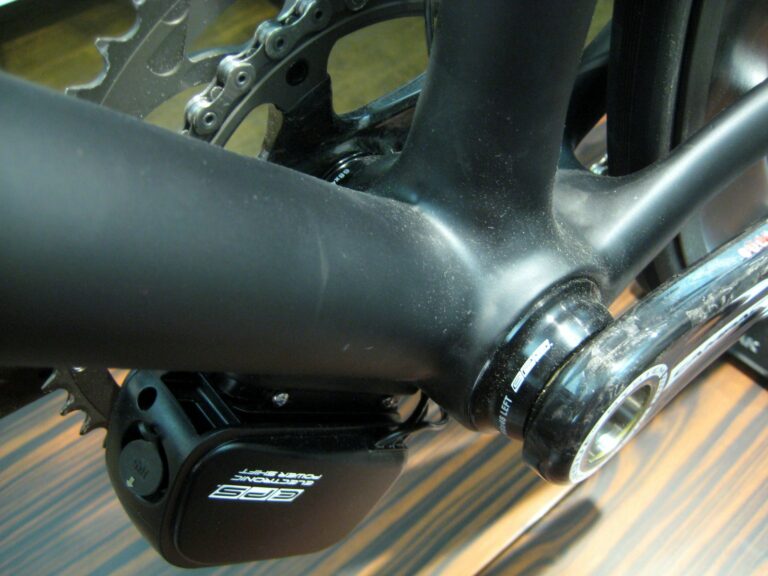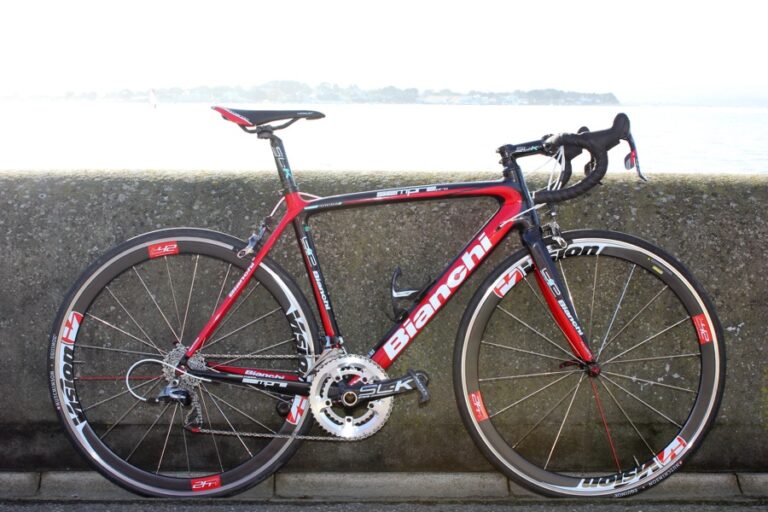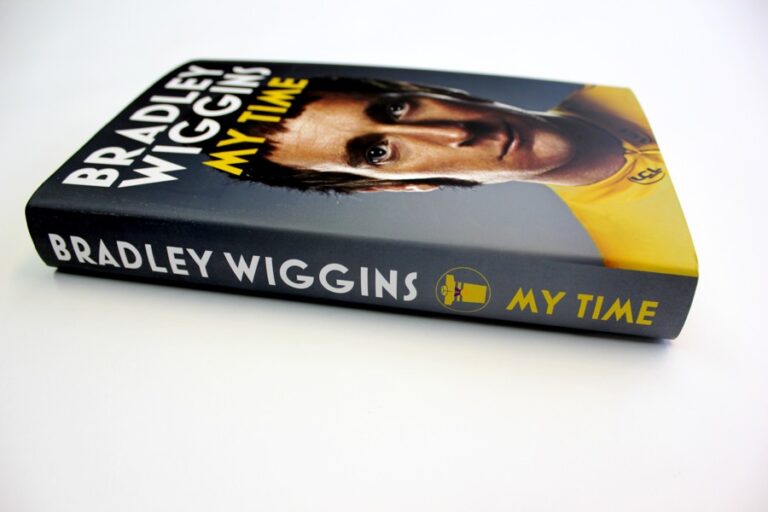Lance Armstrong has been formally stripped of his seven Tour de France victories by the UCI.
The UCI ratified the sanctions imposed by the US Anti-Doping Agency, who labelled Armstrong a “serial cheat” in a 1000-page ‘reasoned decision’ dossier published on October 10.
UCI president Pat McQuaid used a press conference in Geneva, Switzerland, to announce that Armstrong has also been banned from cycling for life, and that the American has been stripped of all results dating back to 1998.
“Lance Armstrong has no place in cycling,” said McQuaid. “Lance Armstrong deserves to be forgotten in cycling.”
The UCI had until October 31 to decide whether it would accept the findings or appeal to the Court of Arbitration for Sport.
“The UCI will not appeal to the Court of Arbitration and recognises the sanctions USADA has imposed. The UCI will back the life ban and strip him of his seven Tour de France titles,” confirmed McQuaid, who said he was “sickened” by the report.
The USADA report revealed Armstrong as the leader of “the most sophisticated, professionalised and successful doping program that sport has ever seen” and included sworn testimony from 26 people, including 11 of Armstrong’s former team-mates from the United States Postal Service squad.
The UCI has come under fire since the report was published, but McQuaid said it was “absolutely untrue” that the organisation accepted a $100,000 donation from Armstrong as part of a cover-up for a positive test from the 2001 Tour de Suisse.
However, McQuaid denied that Armstrong’s donation represented a conflict of interests and said he would still accept a donation from a rider if offered.
“The UCI aren’t like [football world governing body] FIFA with billions in the bank,” said McQuaid.
When asked whether he or the UCI should apologise for not catching Armstrong, McQuaid said: “I’m sorry we couldn’t have caught every damn one of them at the time and thrown them out.”
He continued: “When I took over [as UCI president] in 2005 I made the fight against doping my priority. I acknowledged cycling had a culture of doping. Cycling has come a long way. I have no intention of resigning as president of the UCI.”
McQuaid revealed he has called a “special management meeting” on Friday [October 26] to review the report and put new measures in place to “see what the UCI can learn from it and what we can do to ensure it doesn’t happen again.”
The meeting will also be used to decide who won the Tour de France between 1999 and 2005, and to see whether the UCI is able to retrieve prize money won by Armstrong.
Tour de France race director Christian Prudhomme had previously said that no rider should be promoted as ‘winner’ of the race during the Armstrong years and that the results should be left blank but McQuaid said it was for the UCI, not the ASO, to decide.
McQuaid also revealed a meeting is scheduled with all teams in early December to discuss the ramifications of the USADA report and the future of the sport.
“The UCI is listening and is prepared to listen,” said McQuaid.
“Cycling has a future. This is not the first time cycling has reached a crossroads or that it has had to begin anew. Nothing like this must happen again.”
You can view the full decision of the UCI here.

